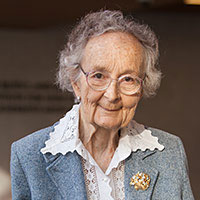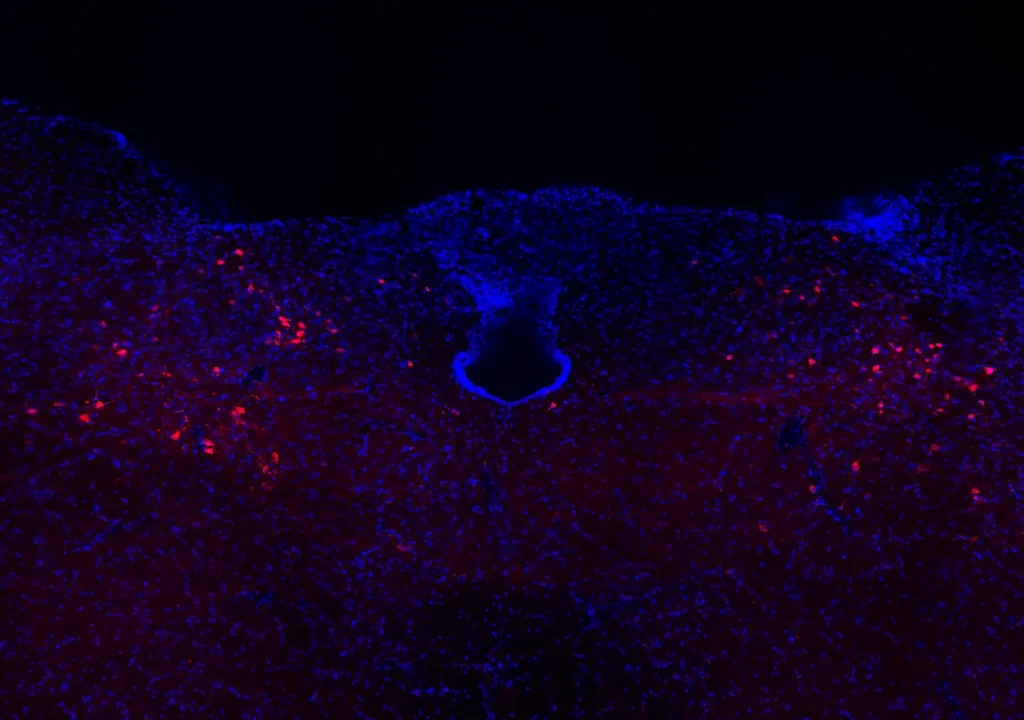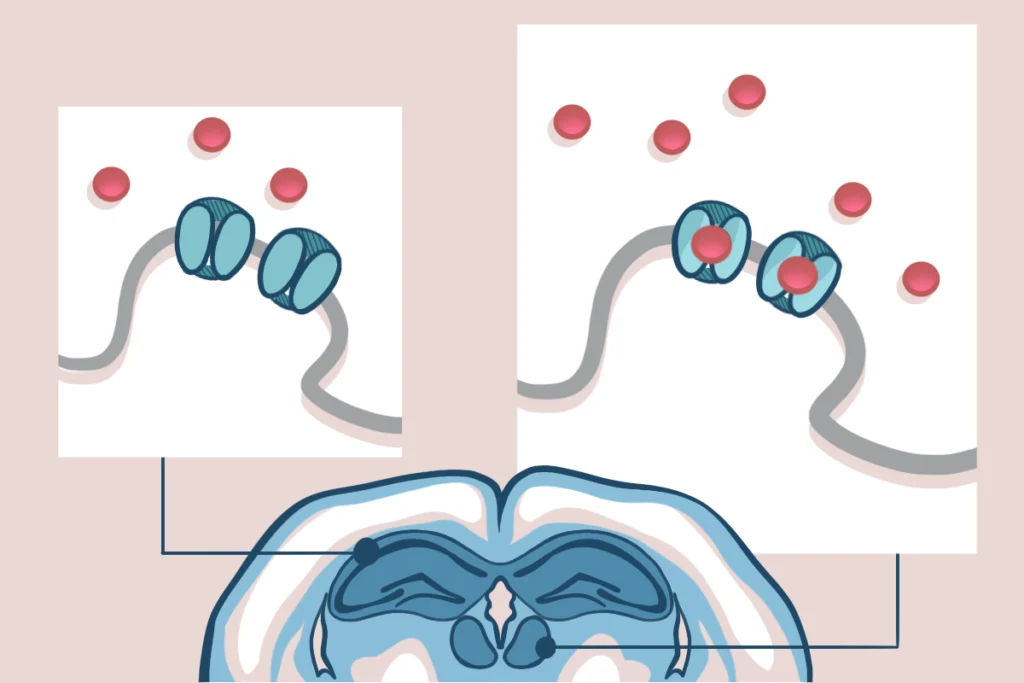Isabelle Rapin is a retired child neurologist. She was a faculty member at the Albert Einstein College of Medicine from 1958-2012, where she worked as a clinician, a teacher and a researcher. She became interested in communication disorders in children, including, in retrospect, some with autism spectrum disorders (ASDs), as a neurology resident and child neurology fellow at the Neurological Institute of New York/Columbia-Presbyterian Hospital (1954-1958). As co-investigator of a number of genetic diseases of the nervous system in children, Rapin has done National Institutes of Health-supported clinical research in childhood deafness, developmental disorders and autism spectrum disorders. She is the author or co-author of some 300 papers and chapters, author of one book and editor or co-editor of ten books, many concerned with communication in ASDs. She has participated in training more than 75 child neurology fellows and many pediatric and neurology residents, was active in national and international neurology and child neurology associations, and has lectured widely in the U.S. and abroad, frequently on topics relevant to ASDs.





